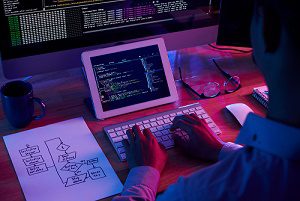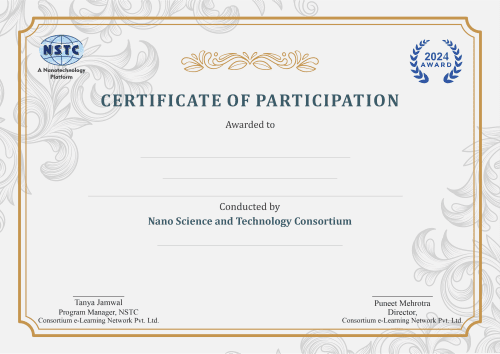
Python for Biological Data Science: A Beginner’s Guide to Programming
Unleash the Power of Python in Biology: Transform Data into Discovery
Python for Biological Data Science: A Beginner’s Guide to Programming is a foundational course tailored for individuals looking to integrate programming into their biological research. Over 3 days, participants will explore Python’s core concepts, focusing on its application in biological contexts such as genomics, ecology, and biochemistry. Through hands-on projects, participants will learn to manipulate data sets, apply statistical analyses, and generate informative visualizations.
Aim: The workshop “Python for Biological Data Science: A Beginner’s Guide to Programming” aims to introduce participants to the fundamentals of Python programming specifically tailored for analyzing biological data. By providing a comprehensive understanding of Python syntax, data structures, and libraries commonly used in bioinformatics, the workshop equips beginners with the essential skills needed to manipulate, visualize, and analyze biological datasets, fostering their proficiency in programming and empowering them to embark on careers or research endeavors in the rapidly evolving field of biological data science.
- Introduce the fundamentals of Python programming in the context of biology.
- Develop skills in data manipulation and analysis using Python libraries.
- Teach effective data visualization techniques for biological data sets.
- Encourage the application of programming to solve complex biological problems.
- Prepare participants for advanced roles in biological data science.
What you will learn?
- Python Basics Installation
- Python Data types – Numeric and String
- Python Data Structures – List, Tuple, Dictionary – with examples from Biotechnology
- Python control flow – if else and loops – DNA and Protein sequence analysis
- Generating complement and reverse complement of a DNA Sequence Program to calculate DNA composition and melting temperature of primer Program to find if a given DNA sequence has recognition sequence for a given restriction site
Intended For :
- Undergraduate students majoring in Biology, Bioinformatics, or related fields.
- Professionals in healthcare, pharmaceuticals, or research institutions.
- Individuals with a basic understanding of biology and a keen interest in data science.
Career Supporting Skills

